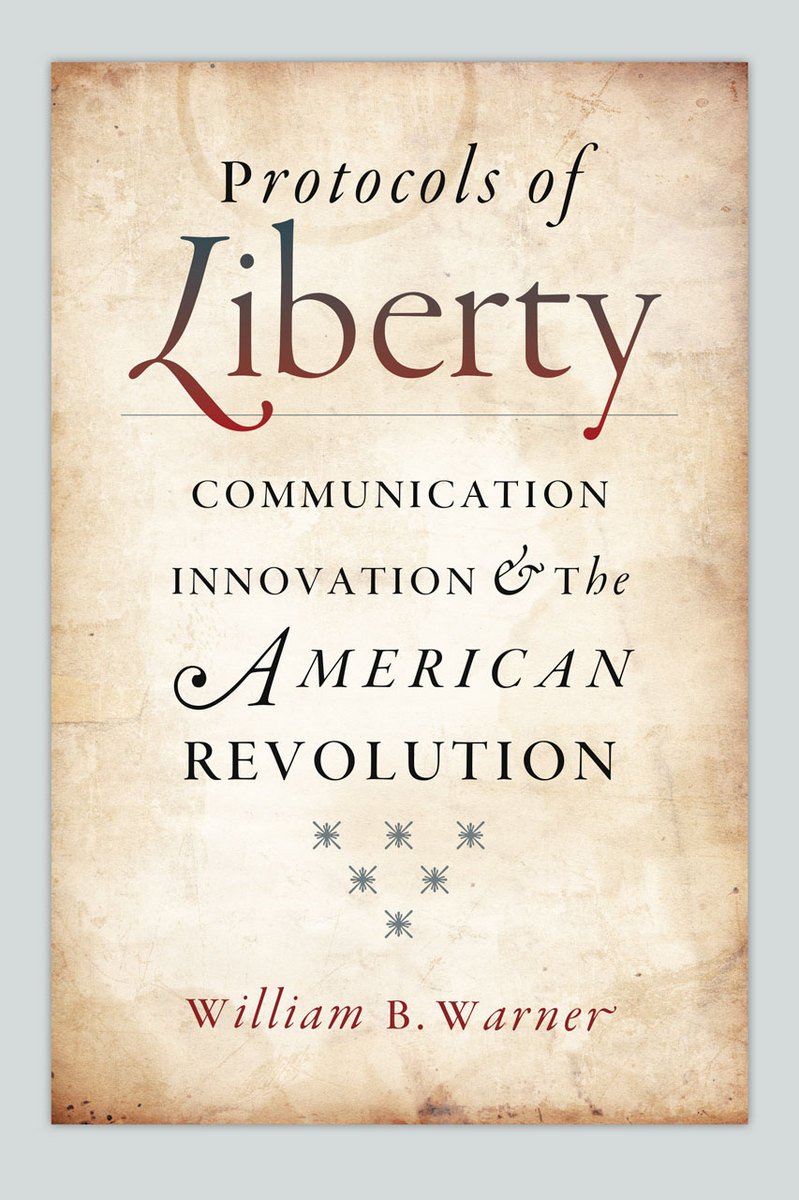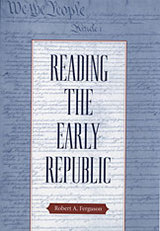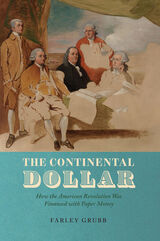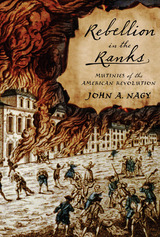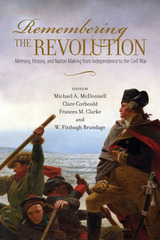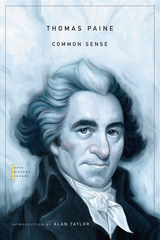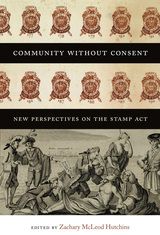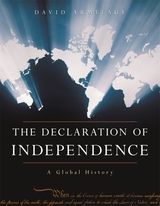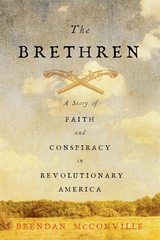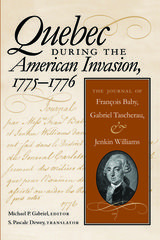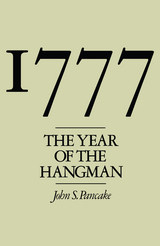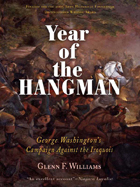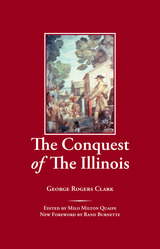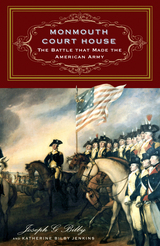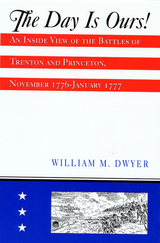Protocols of Liberty: Communication Innovation and the American Revolution
University of Chicago Press, 2013
eISBN: 978-0-226-06140-5 | Cloth: 978-0-226-06137-5
Library of Congress Classification E216.W29 2013
Dewey Decimal Classification 973.3
eISBN: 978-0-226-06140-5 | Cloth: 978-0-226-06137-5
Library of Congress Classification E216.W29 2013
Dewey Decimal Classification 973.3
ABOUT THIS BOOK | AUTHOR BIOGRAPHY | REVIEWS | TOC | REQUEST ACCESSIBLE FILE
ABOUT THIS BOOK
The fledgling United States fought a war to achieve independence from Britain, but as John Adams said, the real revolution occurred “in the minds and hearts of the people” before the armed conflict ever began. Putting the practices of communication at the center of this intellectual revolution, Protocols of Liberty shows how American patriots—the Whigs—used new forms of communication to challenge British authority before any shots were fired at Lexington and Concord.
To understand the triumph of the Whigs over the Brit-friendly Tories, William B. Warner argues that it is essential to understand the communication systems that shaped pre-Revolution events in the background. He explains the shift in power by tracing the invention of a new political agency, the Committee of Correspondence; the development of a new genre for political expression, the popular declaration; and the emergence of networks for collective political action, with the Continental Congress at its center. From the establishment of town meetings to the creation of a new postal system and, finally, the Declaration of Independence, Protocols of Liberty reveals that communication innovations contributed decisively to nation-building and continued to be key tools in later American political movements, like abolition and women’s suffrage, to oppose local custom and state law.
To understand the triumph of the Whigs over the Brit-friendly Tories, William B. Warner argues that it is essential to understand the communication systems that shaped pre-Revolution events in the background. He explains the shift in power by tracing the invention of a new political agency, the Committee of Correspondence; the development of a new genre for political expression, the popular declaration; and the emergence of networks for collective political action, with the Continental Congress at its center. From the establishment of town meetings to the creation of a new postal system and, finally, the Declaration of Independence, Protocols of Liberty reveals that communication innovations contributed decisively to nation-building and continued to be key tools in later American political movements, like abolition and women’s suffrage, to oppose local custom and state law.
See other books on: American Revolution | Communication in politics | Liberty | Protocols | Revolution, 1775-1783
See other titles from University of Chicago Press
